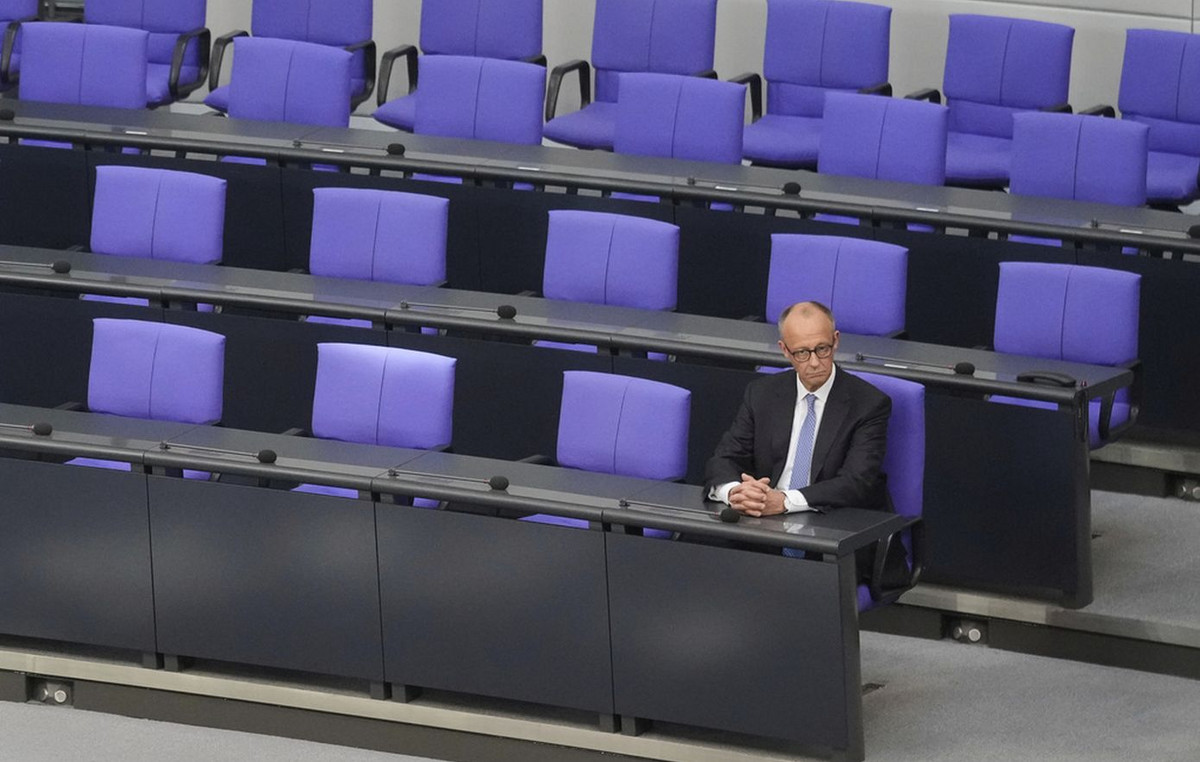«We are pleased to start with a thought to Rino Tommasi e Gianni Clerici, who have taught us seriousness and lightness ». Last year, before the final of Wimbledon, Elena Pero and Paolo Bertolucci addressed these words to Rino Tommasi and Gianni Clerici, two monuments of Italian journalism, ConputeRino and Dottor Divago. Clerici left today at 91 and seriousness and lightness are the first words that come to mind in the memory of those who have told the great tennis for generations.
For the first time last year an Italian went to the final at Wimbledon, Matteo Berrettini, and the thought of those who made that commentary was that of many: think what a joy it would have been for Gianni Clerici to be able to do that commentary. «Wimbledon», he said and wrote »,« is something more than a tournament, it is a religion. People go there, queuing at the gates from two nights ago, but not just to go see Nadal rather than Federer. Wimbledon is the Vatican of tennis. It is like for a Catholic to go on a pilgrimage to St. Peter’s ».
Those who spent afternoons listening to him and the following mornings reading his articles did so in an almost religious way, as in front of certain literature because, as he said Italo CalvinoGianni Clerici was a great writer lent to sport.
He was born in Como in July 1930 and on the lake, in Bellagio, he died. Before being a journalist and writer he was a tennis player, able to reach Wimbledon and Roland Garros as a player in the 1950s. For the monumental knowledge of tennis he was inducted in 2006 in the International Tennis Hall of Famethe only Italian after Nicola Pietrangeli capable of winning Roland Garros twice in singles and once in doubles.
There are dozens of his books on tennis and over 6000 his articles for The Gazzetta dello Sport, The world, The day, L’Espresso and the Republic. On TV she commented for years alongside Rino Tommasi: they were poetry and numbers, seriousness and lightness. Time celebrated their commentary in 2002, speaking of Tennis Italian Style. They were comments full of subject knowledge and a sense of humor, originality and statistics.
There are anecdotes by the thousands. “If I were a little gay I would stroke him for this marvelous blow,” said Clerici di McEnroe. On mixed doubles: «Why do men and women play together? To stay there even after the match, and conceive tennis player children ». And again: “The specialty, for British ladies, was, among other things, a shortcut towards more casual relationships with gentlemen, often the harbinger of other more intimate or even marital relationships.”
“I’m not a reporter, the setters report. I am a reporter who narrates what you would otherwise have no way of knowingHe said about himself and has always reiterated in biographies and the like That of tennis. Story of my life and of men better known than me2015. Rino Tommasi wrote: “You will not always find the result of the match in his chronicles, but you will always find the explanation of the victory of a player over his opponent”.
He knew how to identify great talents on the first try by looking at the junior and minor tournaments. He knew how to define everyone. These are the words of him on Federer: “As far as I’m concerned, I consider him by far the most gifted of his generation, the only one capable of playing across the board, as happened before the inventions of supersonic pans, the ones that allowed a game to become a sport” .
– Matteo Berrettini and his brother Jacopo at the Cannes Film Festival: star night
– Martina Trevisan, from anorexia defeat to the Roland Garros semifinal
Source: Vanity Fair







